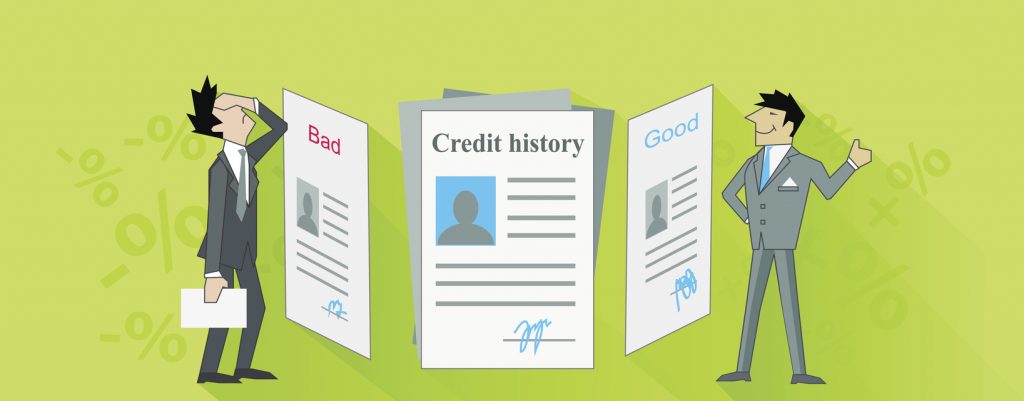
When you decide to buy a home, you will likely visit a lender and gain a pre-approval before beginning to shop. After looking at your income, expenses, and credit scores, your loan officer will tell you how much you can borrow and quote you an interest rate. (This is, of course, subject to change as the Fed raises or lowers interest rates.)
You may think that means you’re home free, but that isn’t so. Even though your lender will have checked your credit and done verifications, your loan still must gain approval from an underwriter.
Although underwriting guidelines have been around since 1935, prior to 1970 most lending decisions were based on local knowledge. The banker knew the customers, knew what they did for a living and knew their reputation for paying bills on time – or not. But then, in the 1989, the Fair Issac Corporation came up with FICO scores and during the 90’s lending became more standardized.
During the housing boom that began in the early 2000’s, underwriting standards were loosened. A sub-prime market was born. For a while, some joked that all you has to do to obtain a loan was have the ability to fog a mirror.
Then, of course, that whole sub-prime scheme crashed, along with home prices. Lenders lost money when borrowers simply could not pay.
The result: tougher standards. The Consumer Financial Protection Bureau enacted requirements for tougher background checks into a potential borrower’s bank accounts and other assets, employment and employment history, spending habits, and credit rating.
An Underwriter will check your credit history.
He or she will look at your FICO scores from Experian, Equifax, and Transunion. If your reports contain a red flat such as a bankruptcy or a collection, you’ll be required to submit a letter explaining why that happened and what you’re doing to ensure that it doesn’t happen again. Depending upon the credit problems you’ve had and how long ago they happened, you may be required to make a larger down payment. And of course, poor credit scores always mean that you’ll be offered a higher interest rate than a borrower with no blemishes.
Your perceived risk comes next.
In addition to your credit score, the underwriter will want to know your income and the amount of money you owe. He or she will consider all debts, including student loans, child-support payments, car loans, and private loans. The difference between your income and outgo is known as your debt-to-income ratio.
Different lenders have different regulations, but in general your total monthly debt obligation, including your home mortgage payment, should be no more than 43% of your pre-tax monthly income.
The underwriter or an investigator will verify your bank information and will contact your employer to verify your employment. Lenders like to see stability in employment, and 3 years or more in the same job (or with an employer who has given you job advancements) is a good thing.
If there is anything about your employment history, finances, or credit history that raises questions, the underwriter will ask for additional information. The best thing you can do to assure that you’ll get that loan is to respond quickly, completely, and with good humor.
Lastly, the Underwriter will examine your home appraisal.
Learning from the past, underwriters (and the lenders who hire them) want assurance that the appraised value does make sense. Yes, that does mean that some of the loans granted in the early 2000’s were based on fraudulently inflated home values. Appraisers were sometimes being pressured by buyers, sellers, and even real estate agents and loan officers. Backed by the belief that the true price is the one that a buyer is willing to pay, those appraisers allowed prices to climb, and climb, and climb.
The attempt to avoid this problem led to a shake-up in the appraisal process with unintended consequences. New regulations called for the use of appraisers who were not familiar with the lenders or agents, or with the communities and the real estate markets in which they were appraising homes.
In addition to scrutinizing the appraisal, a good underwriter will consider the location of the home and how it might be affected by natural disasters, such as floods.
Underwriting standards and loan requirements were extremely tight immediately following the housing crash in the late 2000’s. Fortunately, they have now relaxed a bit.
Underwriters take their task very seriously.
The term originated with the insurance industry – Lloyds of London, specifically. The person who said “Yes, I will accept and insure that risk” signed his name at the bottom of the paper – under the proposal.
Today, the person signing is not risking his or her own funds, but is obligating the bank to take that risk. It’s no wonder that they want to be very careful.
If you want to buy a home, call or come and see us…
We at Homewood Mortgage, the Mike Clover Group, will be happy to get you pre-approved using the same methods and underwriter uses.
In addition, we have a well-deserved reputation for fast, friendly service, combined with some of the lowest rates and best terms available anywhere in Texas.








